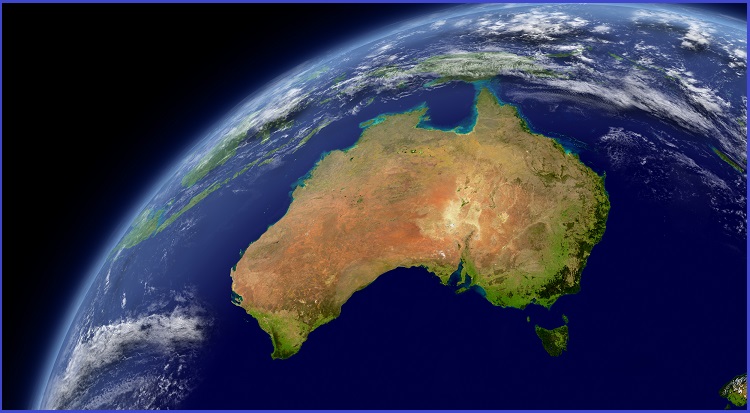Australia may have been relatively late to the space exploration game, but a NASA expert believes proven and promised local innovation will ensure that local industry benefits from the ‘golden age of space exploration’ – if we can quickly build a big enough skills pipeline.
“Australia plays a significant role in our exploration,” said Dr Charles Elachi, who for 15 years served as director of NASA’s Jet Propulsion Laboratory (JPL) – the NASA centre currently managing 40 active missions around Earth, Mars, and elsewhere – and, among other things, has an asteroid named after him.
JPL currently employs “a number of scientists who have been trained in Australia or are collaborating with us,” Elachi said during a recent Stone & Chalk webinar, in which he referenced the work of Australian scientists such as QUT alumnus Dr David Flannery and Dr Abigail Allwood, who developed the $1.3b PIXL X-ray instrument that scans rock samples for the organic signatures of ancient life.
Other Mars-related missions, such as the team tasked with collecting rock core samples and eventually returning them to Earth for close analysis, are also poised to tap Australian talent, said Elachi, who said he “wouldn’t be surprised to see Australian scientists involved to do detailed analysis”.
Although Australian facilities such as Canberra’s Deep Space Network have supported global space exploration for decades, the increasing involvement of Australian scientists reflects an expanding pipeline of possible space-related careers.
For Australian scientists like astronaut Andy Thomas – after whom the University of Adelaide’s new Andy Thomas Centre for Space Resources (CSR) has been named – working at JPL has become a gateway to space careers.
Elachi – who has taken up a role as adjunct professor at the University of Adelaide and has joined the CSR to help develop the local space sector – foresees many more following in Thomas’s footsteps as Australia’s fledgling spacetech sector bootstraps itself into what it hopes will become a $12b industry, with 20,000 new jobs, by 2030.
Potholes in the road to space
While it took years for Australia’s government to organise a formal space technology sector, recent successes confirm that local innovators are being welcomed by a global space community enervated by the recent surge in private space activity.
Yet with its rising popularity comes the challenges of building an industry – specifically, the problematic shortage of spacetech skills, which was called last year out in a detailed analysis that identified “pervasive current shortages and future requirements” across the 319 skills relevant to the space industry.
Although there were just two areas where Australia currently does not have skills available, the taxonomy included 86 ‘high intensity’ skills areas – including 48 at risk of “critical” shortages due to high demand, low availability, or insufficient capacity at training providers.
That’s problematic given that the space industry is undergoing a global lift-off that will create a flood of new career opportunities for Australians with the right skills.
A growing roster of space missions this year will, for example, see the likes of SpaceX sending private astronauts to the International Space Station, a moon landing to place numerous scientific instruments, and crewed flights by Boeing’s Starliner spacecraft.
Work to put humans in space is already engaging Australian scientists in NASA’s Artemis program – which will establish a long-term lunar presence as a precursor to Mars exploration – with the Australian Space Agency (ASA) already securing a NASA deal to build a lunar rover.
“That will be a major role that Australia is playing in our exploration of the moon,” Elachi said, noting that human-focused space missions require expertise from across the spectrum of science – including non-STEM fields such as cognitive science and psychiatry, crucial to helping humans adapt to space travel’s isolation.
“You need people from every discipline to actually be involved to make a successful space application,” Elachi said. “For young people who are interested in being in space, Australia is playing a significant role to make that happen.”
Expanding engagement with the sector, both here and abroad, will see Australians “playing a larger and larger role in space exploration,” Elachi said, “and there are lots of opportunities for students to work in the space program in the United States”.
Ultimately, he said, building a career in spacetech will require many of the same traits – persistence, flexibility, and more – that have sent humans to space, over and over again, despite often momentous setbacks.
“There is a lot of testing and a lot of smart people working on these things,” he explained. “I can’t remember any day when I didn’t look forward to going and working at JPL, because I knew that every day we were going to learn something.”










